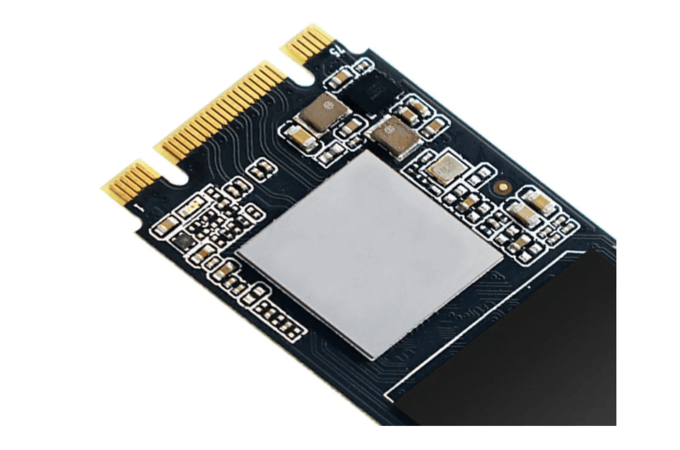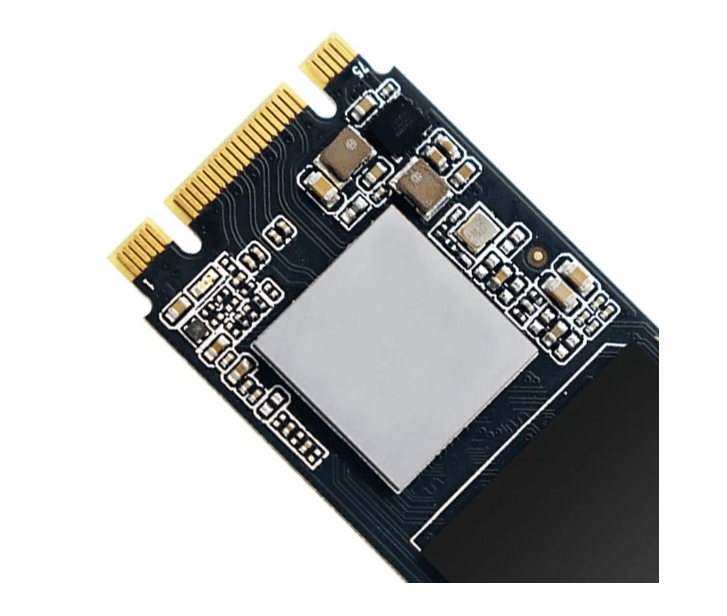News
Site Editor
 Site
https://kingspec.usa02.wondercdn.com/uploads/image/6307135a29359.png
Even so, there is still a performance issue with how this drive and NAND Flash memory function.
Therefore, KingSpec SSD is pleased to declare the strict quality, high-performance, and super-fast SSD for your usage.
Site
https://kingspec.usa02.wondercdn.com/uploads/image/6307135a29359.png
Even so, there is still a performance issue with how this drive and NAND Flash memory function.
Therefore, KingSpec SSD is pleased to declare the strict quality, high-performance, and super-fast SSD for your usage.
What Factors Affect An SSD's Performance?
Views: 13153
Author: Site Editor
Publish Time: 2022-10-24
Origin: Site
If your device has a solid-state drive (SSD), you've probably noticed that performance suffers significantly as it fills up.
This will be noticeable when opening software applications and copying files takes longer than usual, and it may also cause freezing issues, making your device more difficult to use.
You may start wondering: weren't SSDs meant to be faster? The answer is yes. SSD outperforms conventional spinning platter hard drives in terms of speed.
Even so, there is still a performance issue with how this drive and NAND Flash memory function.
Therefore, KingSpec SSD is pleased to declare the strict quality, high-performance, and super-fast SSD for your usage.
Factors affecting SSD performance
1. SSD utilization time
After a long period of use, the NAND flash inside the SSD wears out and the bit error rate increases. Inside the SSD, there's a bit error recovery mechanism that includes both software and hardware.
Once the bit error rate exceeds a certain level, the hardware mechanism keeps failing and flipped bits must be restored using the software.
Conversely, the software mechanism usually causes latency, which has an impact on SSD performance.
In some situations, SSD performance may degrade after the SSD has been powered off for some time due to a charge leakage fault occurring on the SSD NAND flash throughout this time.
Therefore, SSD performance is time-dependent and is primarily determined by the NAND flash bit error rate.

2. Storage capacity
The resource mapping table within the SSD is stored in memory for improved performance. The table takes up 0.1% of the SSD capacity in memory.
The inadequate memory capacity may result in mapping table swap-out and swap-in issues, thereby reducing performance.
3. Temperature
When the NAND flash is running at full speed, it generates a lot of heat. When the temperature reaches a certain threshold, the system will become deviant.
The SSD does have a temperature controller that addresses this issue. This system is used to monitor the temperature and automatically adjust SSD performance needed to maintain the temperature of the system within a certain range.
Primarily, SSD performance is sacrificed to reduce temperature. Excessive heat affects SSD and causes the inner temperature control system to adjust SSD performance.
4. Software for driver installation
The driver software works in either user mode or kernel mode on the host. In kernel mode, the application uses up too many CPU resources and experiences regular disruptions and context switching, resulting in poor performance.
In user mode, software typically employs the I/O polling method to prevent unnecessary context switching and thus maximize CPU efficiency and better performance.
5. SSD controller’s processing power
The SSD controller employs FTL processing logic in converting logical block read and write requests into NAND flash read and write requests.
When data is read from or written to large blocks, the SSD controller processing capability requirements are not high, but they are extremely high when data is read from or written to small blocks.
Therefore, SSD controller’s processing capability can cause performance constraints for SSD I/O system.
Buy SSD from us
Having experienced the strain of slow performance on your computer and are looking to change or upgrade it, KingSpec SSD is the right call for you.
Do get in touch with us for the high-efficiency performance SSD made by a reputable manufacturer.























